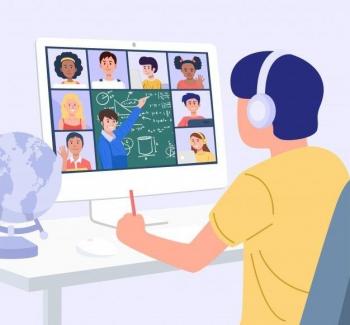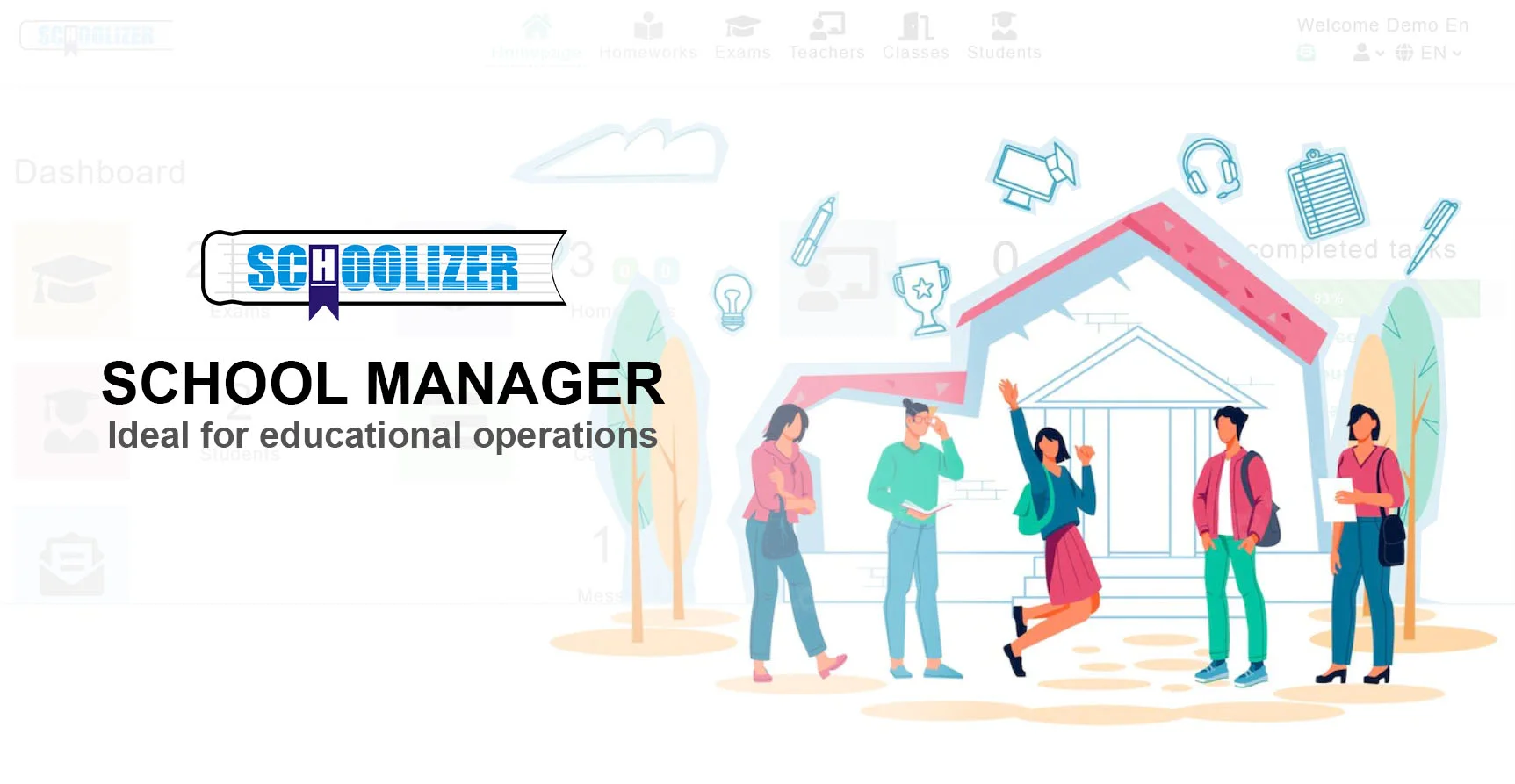How Removing Barriers Can Unlock the True Power of a College Degree

How Removing Barriers Can Unlock the True Power of a College Degree
What does it take for a college degree to truly open doors? Why do so many young people struggle to reap the benefits of higher education despite their qualifications? How can society remove the systemic obstacles that prevent equal access to opportunity? These questions lie at the heart of the ongoing debate about the value of college in today's world.
The Promise and Reality of Higher Education
A college degree has long been touted as the golden ticket to upward mobility and career success. Statistics show that bachelor's degree holders earn significantly more over their lifetimes compared to those with only a high school diploma. However, this promise often falls short for marginalized groups who face systemic barriers before, during, and after their college journey.
Consider the case of Maria, a first-generation college student from a low-income neighborhood. Despite graduating with honors, she struggled to find employment in her field due to lack of professional networks and internship opportunities that more privileged peers took for granted. Her story illustrates how degree value isn't automatic—it depends on removing obstacles throughout the educational pipeline.

Financial Barriers: The Elephant in the Lecture Hall
The Crushing Weight of Student Debt
Tuition costs have skyrocketed 169% since 1980, far outpacing inflation. Many students graduate with crippling debt that delays life milestones like home ownership or starting families. Income-driven repayment plans help but don't solve the root problem of unaffordable education.
Hidden Costs Beyond Tuition
Textbooks, housing, transportation, and technology create additional financial hurdles. Some students work multiple jobs, sacrificing study time and campus engagement opportunities critical for career development.
A study at City University of New York found that providing low-income students with free MetroCards increased class attendance by 15%, demonstrating how small supports can have outsized impacts.

The Social Capital Gap
Privileged students often inherit professional networks and cultural knowledge about navigating higher education. First-generation and low-income students frequently lack:
- Access to career mentors
- Understanding of unspoken campus norms
- Exposure to professional environments
Programs like Boston's Bottom Line show remarkable success by pairing students with advisors who provide both academic guidance and professional socialization throughout college.

Systemic Inequities in Degree Value
Research reveals troubling disparities in how degrees translate to opportunity:
- Black college graduates face unemployment rates nearly twice as high as white graduates
- Women still earn less than men with identical qualifications
- Graduates from elite institutions receive disproportionate hiring advantages
These patterns suggest that degree value is mediated by societal biases that extend far beyond the classroom.

Comprehensive Solutions for True Access
Policy Interventions
Free community college programs, expanded Pell Grants, and student loan forgiveness initiatives show promise in reducing financial barriers at scale.
Institutional Reforms
Colleges must rethink support systems, including:
- Bridge programs for academic preparation
- Integrated career services from day one
- Faculty mentorship initiatives
Employer Partnerships
Companies can help by:
- Offering paid internships to students from diverse backgrounds
- Implementing blind recruitment practices
- Providing tuition assistance for current employees

The Path Forward
Making degrees truly valuable requires acknowledging that access to college isn't the same as access to opportunity. By addressing financial, social, and systemic barriers holistically, we can ensure higher education fulfills its promise as an engine of mobility for all students, not just the privileged few.
The story of higher education's value is still being written. With concerted effort across sectors, we can author a future where every graduate—regardless of background—can walk through the doors their degree was meant to open.






